EU banning piglet castration by 2018
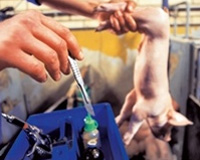
The European Union has taken another step into the abolishing of piglet castration. An agreement has been reached to stop castrating without anaesthesia by January 1, 2012 – and a total ban has been scheduled to be implemented by 2018 at the latest.
The announced deal is not so much part of European legislation as a voluntary agreement between market parties. The European Commission had initiated the talks, the European farmers organisation Copa-Cogeca, the European organisation for the meat sector UECBV, retailers, veterinarians, the European animal welfare organisation Eurogroup for Animals all joined in.
The deal was not officially confirmed as all relevant parties will have to submit the result to their members.
Netherlands: Product board happy
Frans van Dongen, negotiator on behalf of the Dutch Product Board for Livestock, Meat and Eggs (PVE), said he expects all parties involved will sign the deal around the abolishing of piglet castration – which will almost include all European pig production.
Some exceptions have been made as the heavy pig production in e.g. Italy for Parma ham production will be exempted from castration.
“As for the Netherlands, we had preferred to see that the Dutch course of 2010-2015 had been followed, but 2012-2018 is a good compromise. For very many many countries it was still difficult to approve this.”
He added the solution is way better than wait for Europe to come up with legislation. For exporting countries like the Netherlands within the European Union, the deal paves the way for easier trade. Difficulties related to boar taint and castration related issues will thus be a thing of the past.
In addition, on a European level, techniques can be agreed on which can be used to prevent boar taint and to detect it at the slaughterline. Van Dongen was glad, saying: “Not only because research will be funded jointly, but mainly because everybody is then working on one European solution, that will be accepted in all countries.”
German pork chain
In Germany, the deal has not caused a lot of agitation. Naming the date of 2018, however, is being questioned by feed and food chain quality watchdog QS.
Katrin Spemann, QS section leader agriculture and animal feeds, said that the deal is still too fresh to discuss at length with partners in the pork chain. “I can imagine, however, that it will be considered acceptable. As from 2012 castration is still possible using analgesia or anaesthetics – and that is a practice being used in Germany on the basis of a 2008 document. We also agree that castration has to be banned.”
Spemann continued to say, “We shall have to investigate as to whether the date of 2018 will prove to be feasible. A lot depends on what has been reached by that time to solve quality problems with other methods.”
German market analyst Ulrich Pohlscheider, German pig producers organisation, agreed with Spemann, saying that it seemed impossible to focus on a date for a total ban.
Breakthrough
Chairman Annechien ten Have, responsible for pig production in the Dutch Agricultural and Horticultural Organisation (LTO) spoke of a breakthrough. “I did not think this could be achieved, but it is great. Agreements made are on a voluntary basis, but they have been made nevertheless. It shows change is happening.”
The deal mirrors an approach struck in the Netherlands three years ago, where castration without the use of anaesthetics was banned – and where a total ban will be effectuated by 2015. In addition, the matter had also roused discussions for some time in countries like Germany, Austria, Belgium, Norway and Switzerland.
Male piglets are being castrated as otherwise they might develop boar taint, which makes the meat inedible.
In the UK and Ireland, castration has already been banned for many years, in Spain and Portugal, castration has been banned in some areas.
Related websites:
Join 18,000+ subscribers
Subscribe to our newsletter to stay updated about all the need-to-know content in the pigsector, three times a week. Beheer
Beheer

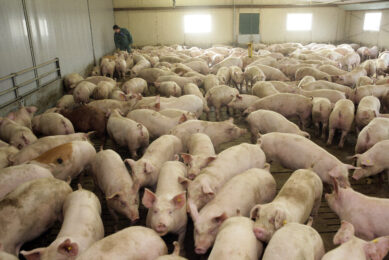
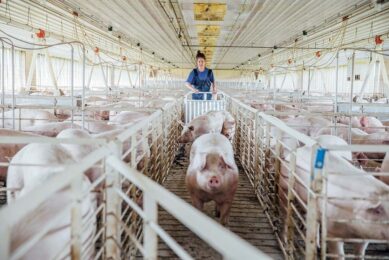
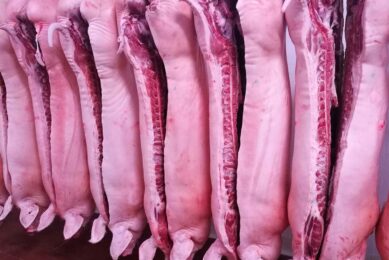
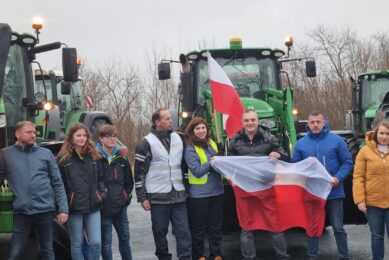





 WP Admin
WP Admin  Bewerk bericht
Bewerk bericht